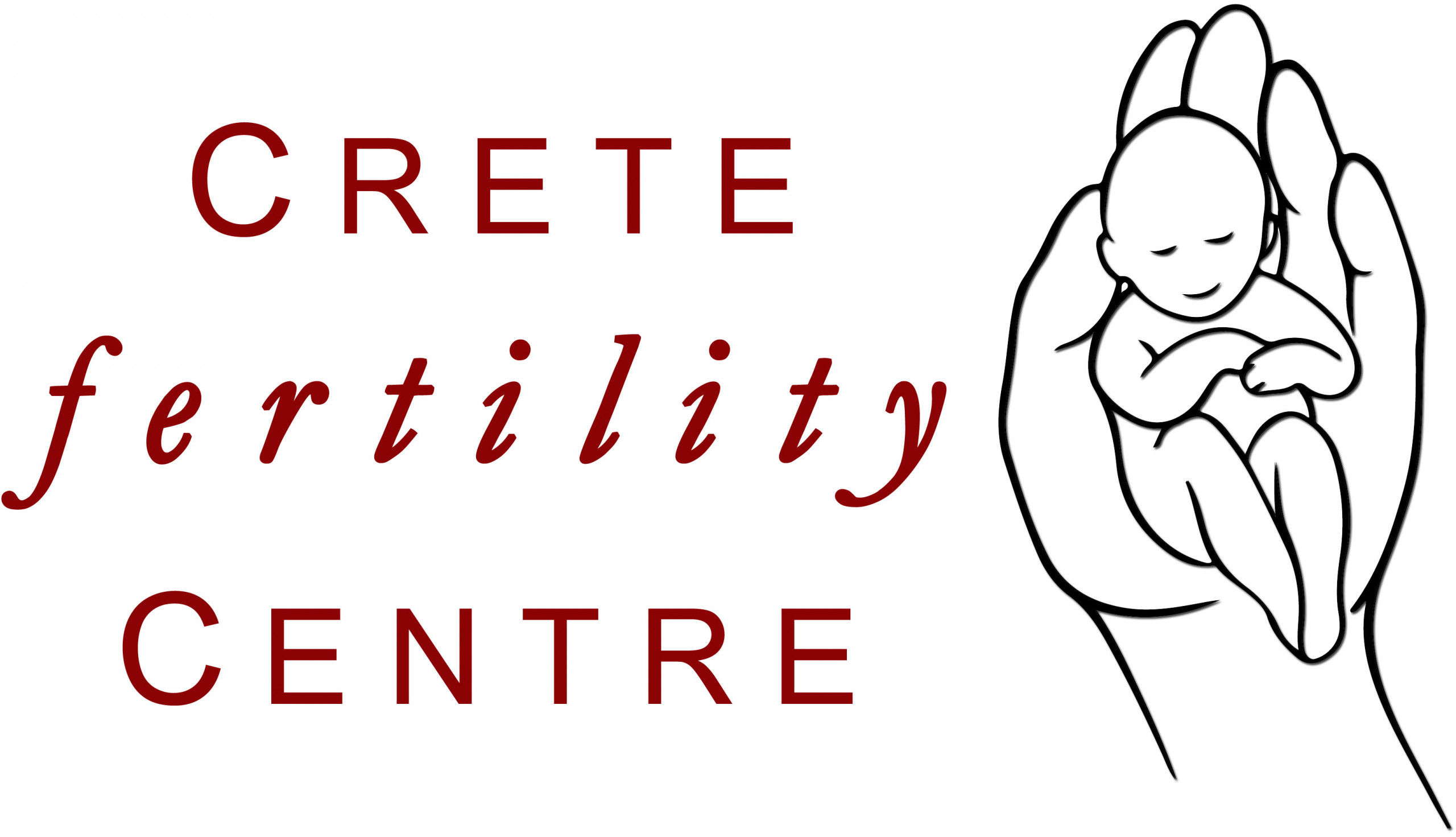Three-person babies grow up into healthy teenagers

Seventeen children conceived through ooplasmic transplantation have all matured with regular health and cognitive abilities, according to a study.
The experimental IVF technique was conducted as part of a previous study led by embryologist Dr Jacques Cohen between 1996-2001 at the Saint Barnabas Medical Centre in Livingston, New Jersey.
Dr Cohen told Medical Xpress that all children, who are now aged between 13 and 18, have ‘done well’ throughout their lives and the findings are as ‘what [they] expected, or at least hoped’.
All couples who took part in the original study were at risk of passing on a mitochondrial disease to their children if they had been conceived naturally because mitochondria are passed straight from mother to child.
Ooplasmic transplantation involves removing some of the cytoplasm – the liquid part of an egg cell containing the mitochondria – from a healthy donor egg and injecting it in to the mother’s egg.
The IVF procedure is no longer conducted because the US Food and Drug Administration (FDA) had concerns about the safety of the technique. There are now more efficient methods for preventing mitochondrial disease, such as pronuclear transfer.
Dr Cohen reported his results in the journal Reproductive Biomedicine. The survey-based follow-up study, involving 13 of the children from 12 couples, indicated that their academic capability ranged from good to excellent, BMI was ideal in the high majority, and generally their health was good, bar standard minor ailments such as asthma and mild skin problems.
One child was previously diagnosed with borderline attention deficit disorder, but symptoms later disappeared. The only cause for concern was one child who currently experiences chronic migraines.
The study indicated that only one couple had disclosed to their child the method through which they were conceived – a 17-year-old girl named Emma Foster. Her mother, Susan Foster, advocates the use of such IVF techniques, stating that Emma ‘is a blessing and a miracle, and medical science made that possible’.
Further results in the survey indicate that, out of the 11 couples who had not yet disclosed the information to their child, four had no desire to declare it later on in life, and six couples were still undecided.
However, despite the good results, Dr Cohen acknowledges the study design and size was poor. This is primarily due to a lack of standardised instruments and a limited survey from only a selection of participants.
Some researchers remain unconvinced about the safety of mixing DNA from three people. Dr Alan Copperman, director of infertility at Mount Sinai School of Medicine in New York, told Medical XPress: ‘I don’t think we are yet able to declare victory and that we have figured out how to fix an unhealthy egg or embryo.’
Source: IVF.net




